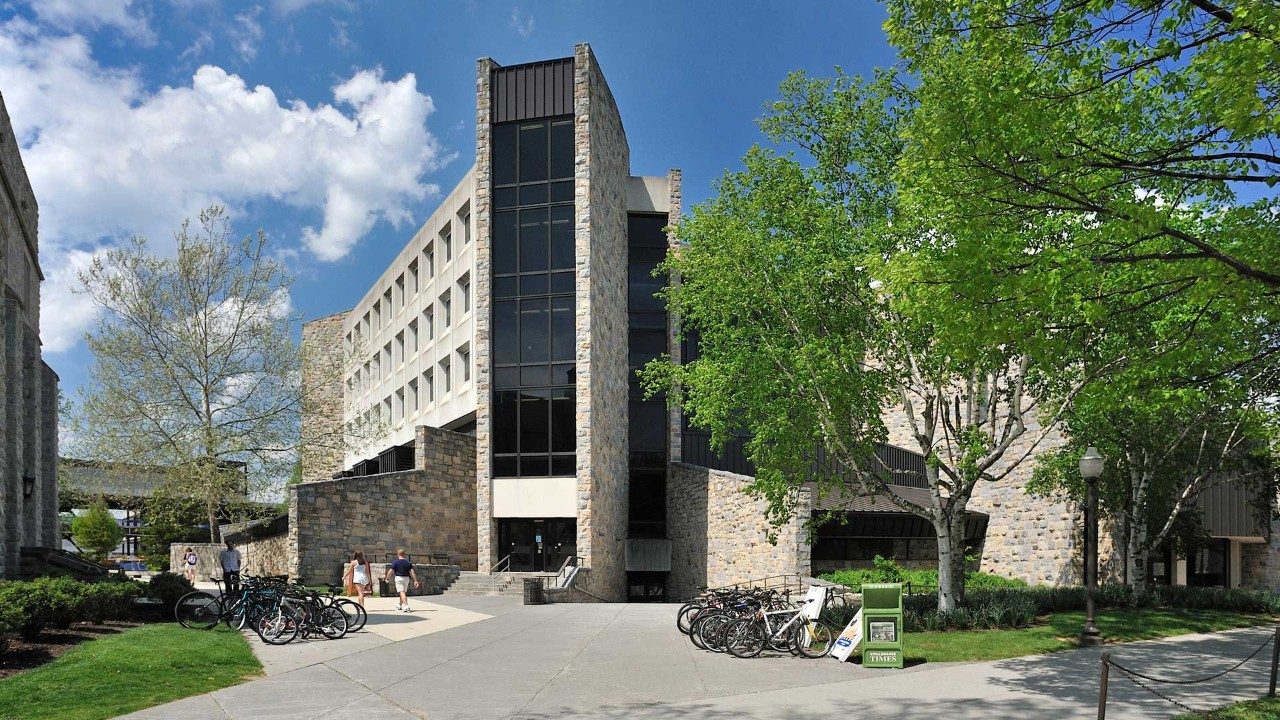Hi grads!
In our last SGTA seminar, we highlighted the crucial role of collaboration outside of your own department in being successful as a professional mathematician. Here’s a summary of the key takeaways.
Our panelists included one professor, Dr. Serkan Gugercin, and two current doctoral candidates who are currently finishing their dissertations and hunting for post-docs, Quiyana Murphy and Sean Reiter. Since all three panelists were involved in applied mathematics, there was a lot of emphasis on the value of interdisciplinary collaboration between mathematics and other sciences like biology and engineering.
Panelists also shared their insights on how to build professional research relationships. Most graduate students begin collaborating with their research advisor, and likely have the most access to the network of collaborators that their advisor has already established. As students continue in their studies, it becomes important to build new research collaborations through academic events like conferences and visiting speaker talks.
There are various ways to work collaboratively with other researchers once you have formed such a relationship. Serkan, Sean, and Quiyana described several aspects of their research collaborations that were effective in their experience. Having schedules that can be flexible to adjust for longer or shorter meeting times depending on the phase of research was highlighted; it’s appropriate to spend different amounts of time meeting during the literature review stage of a project versus the analysis and writing phases. Engaging in the work in ways that emphasize the strengths of the team, as well as growing the skills of individual researchers, was also encouraged – it is better to utilize each other’s strengths to work on all parts of the project than to divide and conquer, leaving some members with less experience in vital aspects of research activity.
We hope this seminar panel helped you all to feel better prepared to go out and start collaborating on research, whether it be with your advisor, new colleagues from a conference, or potential post-doctoral advisors!

